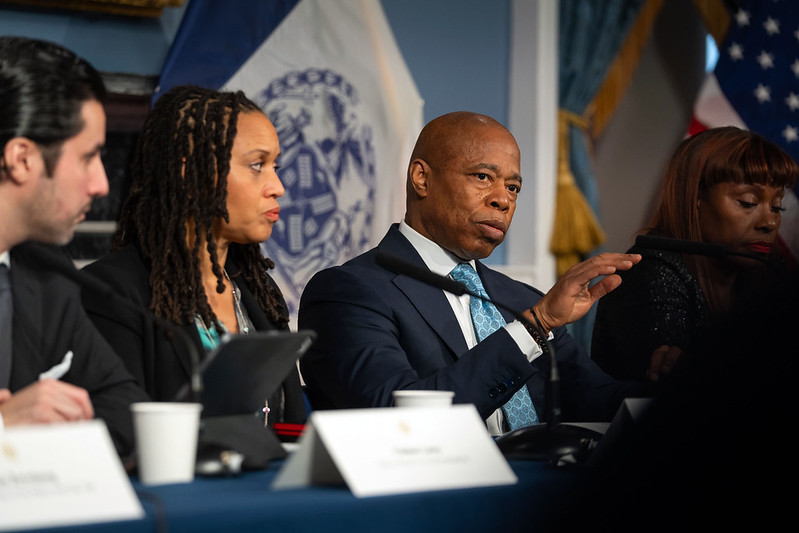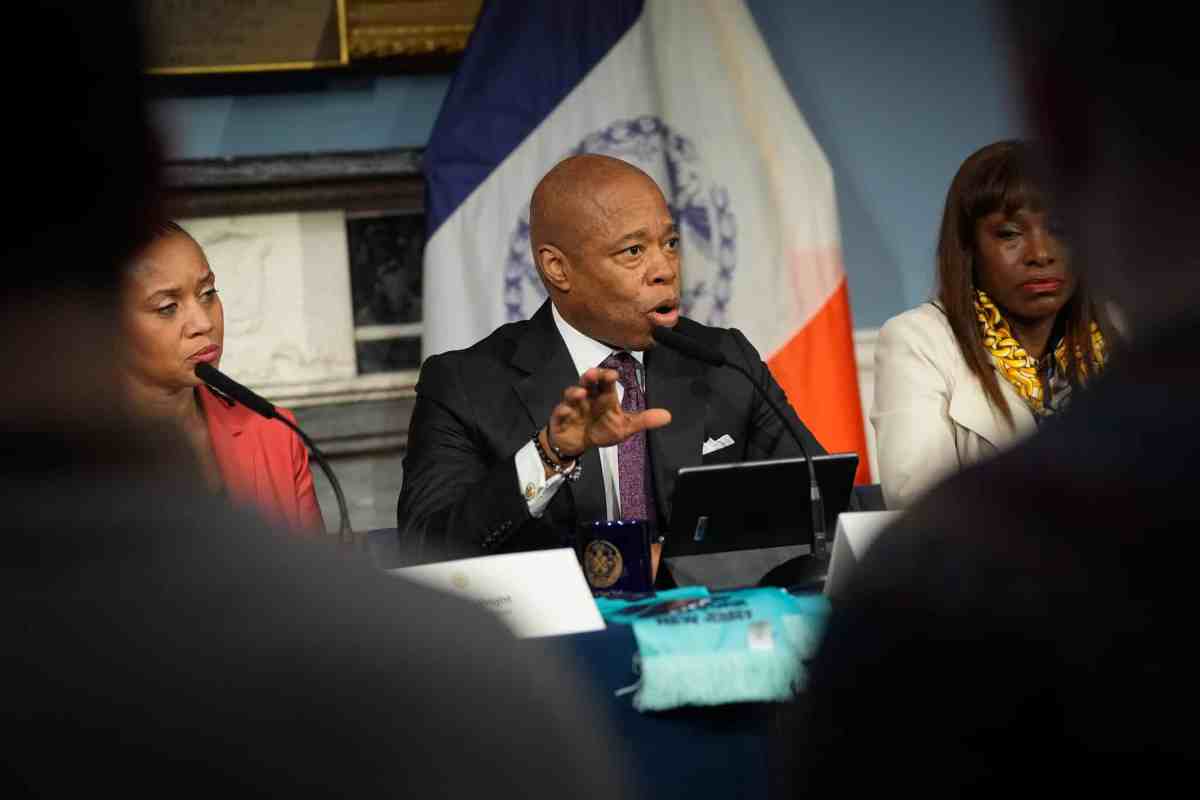By Tom Allon
There are only three months left in the Bloomberg era, and the folks at the Tweed Building who work for the city Department of Education are probably dusting off their résumés and thinking about their next gig.
The conventional wisdom is that city Public Advocate Bill de Blasio will be New York’s next mayor and he will put his own stamp on the future of public education. All bets are off if Joe Lhota wins, because he is likely to continue a lot of Bloomberg’s policies, but that’s a topic for another column.
Looking at de Blasio’s campaign promises, it is easy to glean that his administration will make a sharp break from the Bloomberg-Klein-Walcott era, and we should expect to see a steep reversal of course in 2014.
First of all, de Blasio’s main emphasis during the campaign was on the importance of universal pre-kindergarten, and he said we should fund that through a tax on those making more than $500,000 annually.
He is correct in pushing for this. The achievement gap in our city is such that minority kids are one grade level behind non-minority kids by kindergarten, and universal pre-K should help alleviate most of that disparity.
What de Blasio will not likely get is the tax increase because it requires the approval of the state Legislature and 2014 is an election year in Albany. It is highly unlikely that Gov. Andrew Cuomo and the Legislature will push a tax increase on anyone as they prepare to face voters in November.
Another flash point in a de Blasio administration will be the future of charter schools. De Blasio has said in the past that charter schools should be charged rent, and he does not seem to be a fan of former City Councilwoman Eva Moskowitz, the head of the fastest-growing chain of charter schools in the city, the Success Charter Network.
Moskowitz, a controversial figure when she was in office, decided to close her schools Oct. 8 and call for a march of her students and their parents across the Brooklyn Bridge to send de Blasio and his team a message that charter schools have widespread support, particularly among minority parents.
It will be interesting to see how this plays out. There are more than 100 charter schools in the city and they have become a growing part of the fabric of our education ecosystem. It will be hard for de Blasio to dismantle them, but he is likely to halt their growth in his first term.
Another area de Blasio is likely to reverse course on is the use of high-stakes testing in determining student progress and curriculums. So much of public school learning is geared to driving up test scores that it will be challenging for de Blasio and his new chancellor to undo this. This will take time, and it is not clear that he will be able to do this seamlessly in a first term.
During the campaign, de Blasio often spoke about the need to bring parents back into the education system and in decision-making and to stop the top-down management by the department leaders at Tweed. This is one of those “mom and apple pie” ideas: hard to argue with, but also hard to envision how it will be executed.
In principle, de Blasio is correct. The only way education succeeds is when there is a three-way partnership between student, parent and teacher working together to ensure children succeed.
There is also the question of how de Blasio will handle the teachers in this city, a group like all other public sector unions that has gone without a raise for almost four years. It is likely de Blasio will be fair and perhaps generous with the teachers and their union. As a progressive leader who has strong ties to the labor movement, it is safe to predict that he will work hard to give city workers as much as the city budget allows.
Let’s hope that in addition to pay increases de Blasio focuses on intense teacher training, both before they get into the classroom and then relentlessly when they are full-fledged teachers. Professional development and mentoring of our teachers is the single greatest way we will improve our city’s education system in the short term. Everything else is a distant second to this urgent need.
Tom Allon, president of City & State NY, was a Republican and Liberal Party-backed mayoral candidate in 2013 before he left to return to the private sector. Reach him at tallon@cityandstateny.com.

































